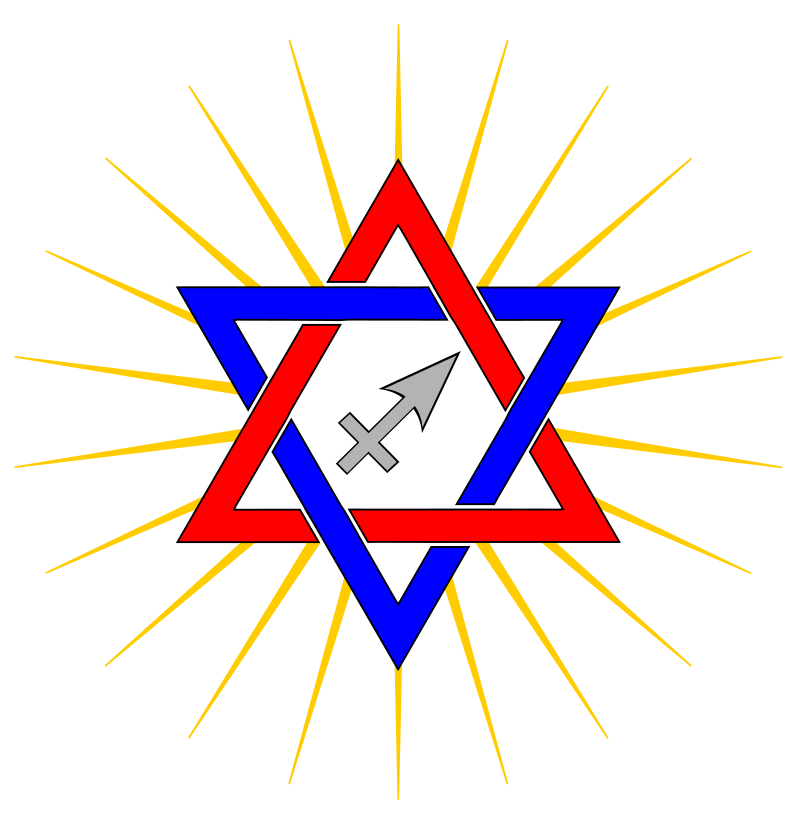
I learned a new word yesterday...
I learned a new word yesterday…
The word i learned was “mnesia”. How this word came up just is kinda interesting, but I’m just gonna gloss over it for now..
Still, I think I’m gonna run with the theme because I don’t think I’ve described my “words falling apart” in detail here before..
I had never thought of this word, but after a few moments I realized that it was a part of the word a-mnesia. Hmm, I’ve run into this before.
There’s a similar word, agnostic, which most folks pronounce as “ag-nostic” and miss the point that the word, structurally, is actually a-gnostic, where the “a” is a prefix which means “not”, as in amoral, asymmetrical (nobody pronounces that “assy-metrical, do they?)
I’d never had amnesia fall apart like this before.
Anyways, once I realized that in the word amnesia we have somethign called “mnesia”, i realized that mnesia is a suffix that has probably something to do with memory (remember the word mnemonic), so if “a” is not, when we say that peoplel have amnesia, they hve forgotten who they are, where they are, etc. Ok, so mnesia is memory of some kind. what if i grep a dictionary file for ‘mnesia’ (at first i was confirming that that was a word)? I get the following list:
amnesia cryptamnesia cryptomnesia dysmnesia ecmnesia hypermnesia panmnesia pantomnesia paramnesia promnesia pseudomnesia
So there are a lot of words that use this suffix. If you think about greek word construction (which is what we’re doing here), looking at words like this can begin to teach you a little of this. So I assume that hypermnesia is where someone remembers a lot, pan-mnesia is someone who remembers everything, dysmnesia is someone who remembers things incorrectly. I find it interesting that my firefox window into which I am typing right now does not recognize most of those as real words.
Most of us learned about prefixes and suffixes in grade school, but probably haven’t given much thought to them since. They are the building blocks of the language, and if you know the rules, you can make up words that may not exist, but people will go along with. Perhaps because these are based on greek we feel them in a very old ancestral genetic memory. prefixes and suffixes can be used like linguistic legos (or is that logos?) Once you have learned to pick them apart, a word like antidisestablishmentarianism doesn’t seem so scary, does it?
Of course, someone else has done something with this word: mnesia is the name of a real-time database used by the programming language Erlang, so I’ve once again missed my chance to create a word that is used globally.